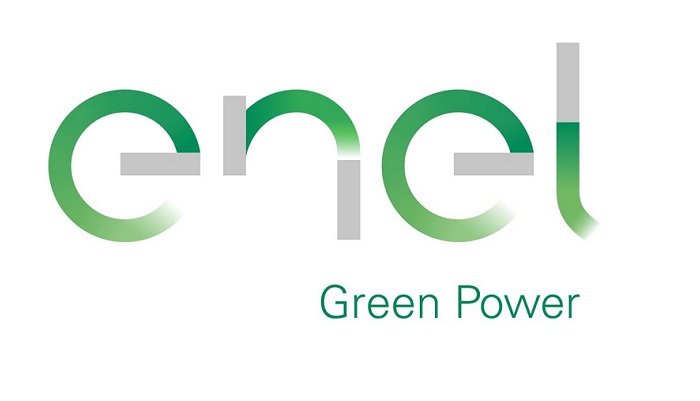Enel Group, the world’s largest private renewable energy player with around 51 GW of installed renewable capacity worldwide, has been granted authorisation to enter the Australian energy retail market. The company will take advantage of existing operations within Australia to bring Enel’s globally established retail model to Australian shores.
The retail energy licence, issued by the Australian Energy Regulator this week, will see Enel offer a unique solution to the National Energy Market, driven by its existing Australian operations. The vertically integrated green energy retailer will initially target commercial and industrial customers with a view to expanding to residential customers as its renewable pipeline grows.
Backed by Enel Green Power’s renewable generation assets and bundled with Enel X’s market-leading technology platforms including its Virtual Power Plant (VPP), onsite battery energy storage systems, and electric vehicle charging solutions, Enel will offer up to 100% renewable energy supply to enable customers to meet their sustainability objectives at competitive costs.
Enel Green Power Australia Country Manager Werther Esposito said the Enel offering was an important step in Australia’s decarbonisation journey: “With access to Enel Green Power’s portfolio of wholly green energy assets, Enel is a one stop shop ‘greentailer’ delivering energy from Australia’s abundant renewable resources for the country’s clean energy future. The Enel retail offering will provide exclusive access to Enel Green Power’s innovative renewable energy mix. As Enel’s customer base grows, so too will Enel Green Power’s diversified asset base which will directly service the growing demand.”
Enel X Head of Asia Pacific Jeff Renaud said the Enel offering would lead to greater reliability and better pricing for customers: “Enel X customers are increasingly seeking renewable energy packages to help meet ESG objectives and emissions targets. As a vertically integrated retailer with wholly owned assets, and a global leader in demand response services through complementary digital technology platforms, Enel’s green retail offering will be unique in the marketplace. Leveraging Enel X’s platforms, customers can access new opportunities to decarbonise, digitalise and electrify their energy use. For example, customers connected to our VPP can provide instant, dispatchable capacity to support the grid’s fluctuating power needs. For participating businesses, this generates a significant new revenue stream, contributes to sustainability targets, and supports Australia’s path to net-zero emissions by balancing more renewable power sources on the grid.”
Enel Green Power in Australia currently has 310MW of consolidated capacity through three solar plants.
Enel X operates Australia’s largest VPP1 with more than 350MW under management. The VPP integrates distributed energy assets including onsite BESS, backup generation, and various forms of commercial and industrial demand response. Further, the company is now offering its electric mobility platform to targeted sectors within the Australian market.
Enel will approach commercial and industrial customers in December, anticipating a strong response from businesses seeking new ways to decarbonise their operations while improving their bottom line.
Enel is a multinational power company and a leading integrated player in the global power and renewables markets. It is the largest European utility by ordinary EBITDA, and is present in over 30 countries worldwide, producing energy with around 90 GW of installed capacity. Enel distributes electricity through a network of over 2.2 million kilometers, and with around 75 million grid customers is the 1st network operator globally1. Enel Green Power is the world’s largest renewable private player, with around 51 GW of wind, solar, geothermal, and hydropower plants installed in Europe, the Americas, Africa, Asia, and Oceania. Enel X, Enel’s global advanced energy services business line, is the worldwide demand response leader, with a total capacity of around 7.7GW managed globally; the company has installed 195 MW of storage capacity as well as, in the electric mobility sector, about 245,000 EV charging points2 around the globe.





































